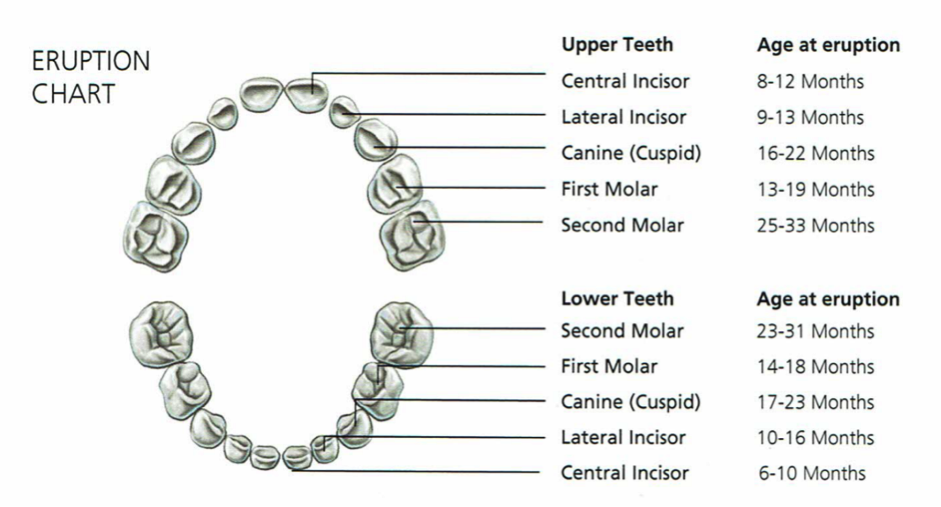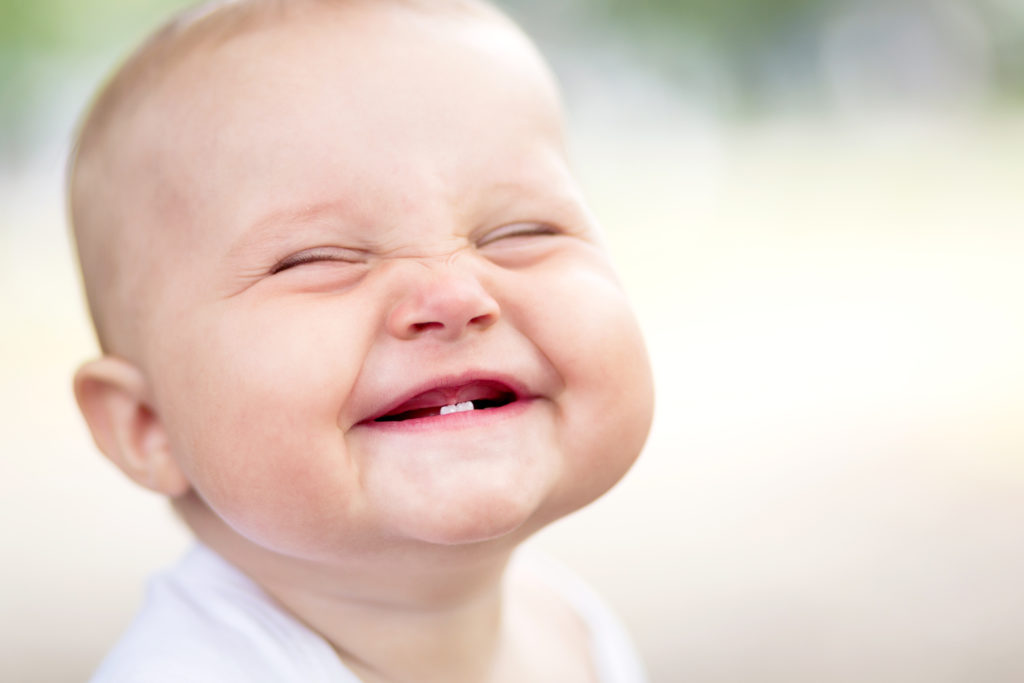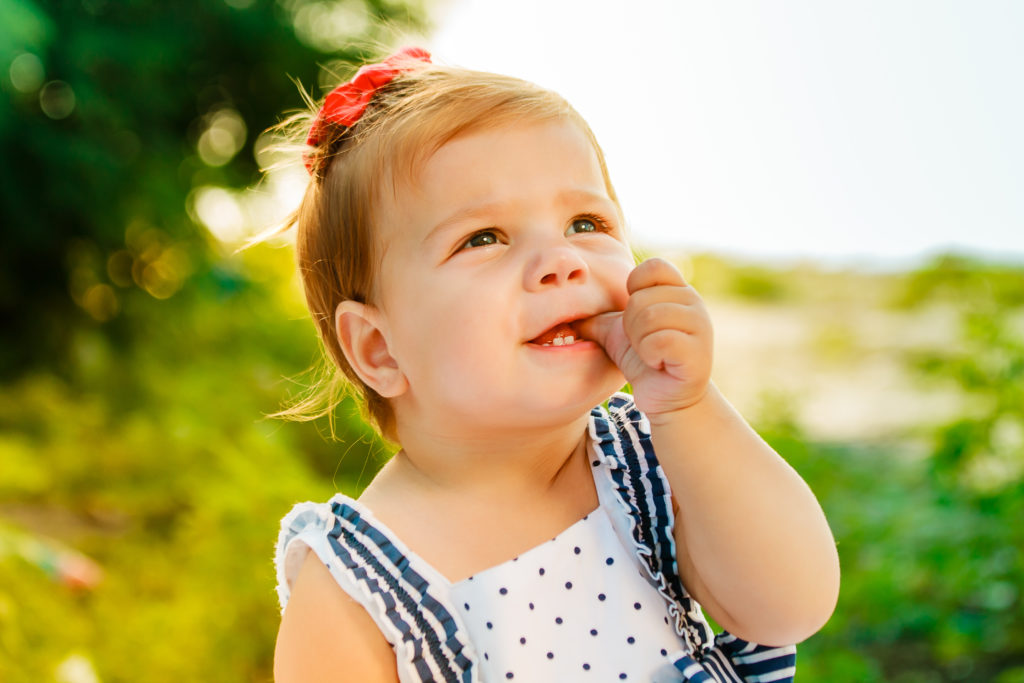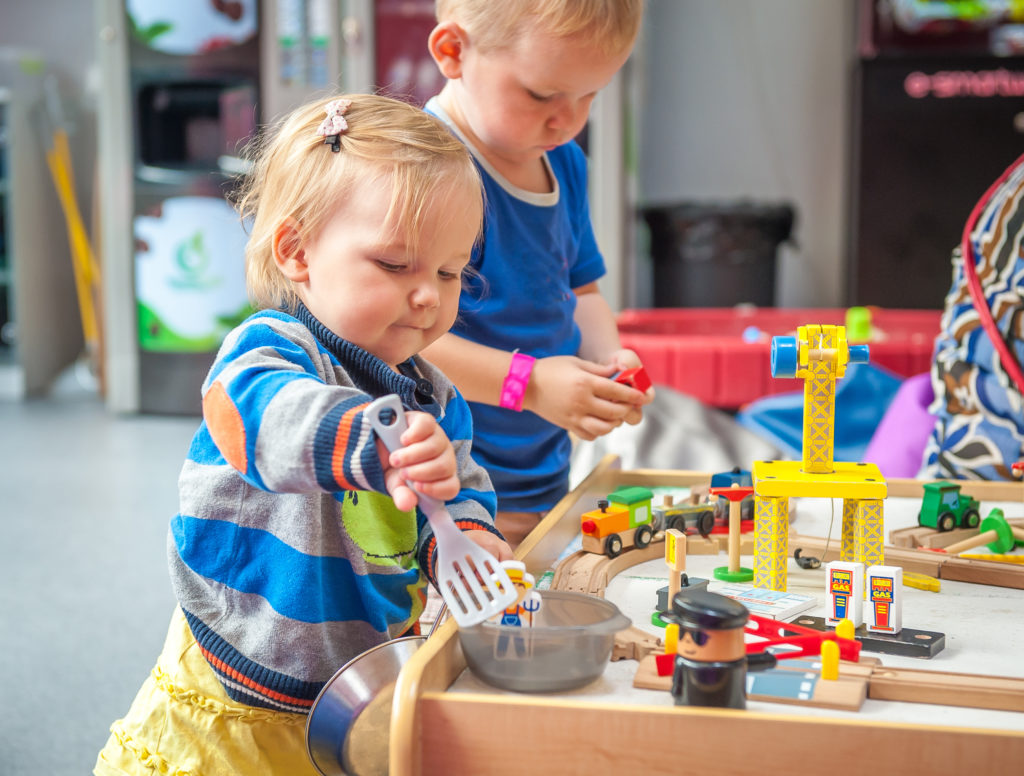babies to 5 years old
Give your child a good start in their dental life and you will contribute directly to their better health overall. Healthy teeth are key to a healthy childhood: kids need them for chewing, speaking clearly and having a bright smile. Thanks to advances in dentistry and oral care today’s children are more likely to grow up with strong healthy teeth. As a parent, you play an important role in your child’s dental health: in fact, good oral care begins with you.
Pregnancy is a time to take extra care of your teeth and gums because the hormonal changes in your body during pregnancy can increase your chances of developing gum disease. So while you are pregnant, make sure you practice good oral hygiene by brushing and flossing every day.
Apart from dental check-ups, only necessary dental work should be completed pregnancy. The best time to see your dentist is during the second trimester.
Oral hygiene starts at birth: avoiding decay is important. Your child’s first teeth are as important as their permanent teeth and require daily care.
Dental cavities can start early and a major contributing factor is what’s put in the bottle or toddlers drinking cup. Cordials, fizzy drinks, fruit juice, vitamin syrups and all other types of drinks can have a devastating effect on your child’s teeth and cause severe decay. Stick to water and keep all other possibilities to meal times.
Avoid those bedtime bottles and drinks unless it’s plain water. The effects of drinking something else at this time can be devastating on gums and teeth
Before first teeth erupt
Almost from birth use a small clean, damp cloth to wipe over their gums after feeding to keep the mouth fresh and clean. As well as keeping their mouth clean it helps them get used to something rubbing their gums and being in their mouth.
Once their teeth erupt
Once the teeth erupt, use a small, soft-bristled brush, get down to their level and brush the teeth for two minutes twice daily.
Once they can spit out
Once they can spit out, add a pea-sized amount of non-fluoride toothpaste to their brush. Fluoridated toothpaste is recommended from about the age of two to help prevent decay.
Brushing and flossing tips for kids
- Because we salivate less in our sleep, the brushing session before bed is especially important to help prevent decay and plaque build-up.
- Teach your child to brush his or her own teeth as soon as you feel they are ready. By the time they are about five years old they should be brushing their own teeth. Make sure you still keep an eye on them until they’re about 10 to ensure they are doing it properly.
- There are many products around that let you all see how well the brushing is going. Disclosing tablets or fluid are a wonderful teaching aid.
- Use after they have brushed
- Put 2-3 drops of the fluid on their tongue and swirl it around for about 20 seconds before spitting out
- Whatever is still dirty turns red
- They brush the red areas until all the red is gone
- Now their teeth, gums and mouth are clean
- Please note – their lips will go red so probably best before bed rather than before school!
- Training is easier if you brush your teeth at the same time as them.
- As for two-minute timing, maybe sing a favourite song of about that length to get them into the habit.
- Purchase some child-friendly brushes and toothpastes as these can also help convert the reluctant brusher
- Flossing should start at the baby teeth stage, though it’s not essential until the teeth are touching each other – between the ages of two and three. It may take them until they reach 10 years old before they are able to floss by themselves, so help is needed here, however, once in the habit, they will have a healthy head start for the rest of their life.
(It’s also possible to chew disclosing tablets which is easier but usually more expensive)
For advice on correct brushing and flossing techniques, click here
Primary teeth start to form before birth. A baby’s first tooth usually erupts at six months but can be as early as birth or as late as their first birthday. Usually a child will have all their primary teeth by the age of three
Most babies are irritable when new teeth break through the gums. Signs and symptoms can appear and disappear over several days. Ask your doctor or dentist before using any pain relief or oral gel that contains an anaesthetic
Symptoms can include:
- Frequent crying and crankiness
- A slight fever
- Reddened cheeks and drooling
- Appetite loss and upset stomach
- More frequent soiled nappies
- Sucking or gnawing on toys
- Pulling of the ear on the same side as the erupting tooth
Sometimes relief can come by:
- Gently rub your baby’s gums with a clean finger
- A teething ring (can be chilled in the refrigerator NOT freezer)
- Pain medication: Speak to your health nurse, dentist or GP about appropriate medication for your child. Know what’s possible before the midnight wake-up!
Please keep in mind that children are individuals, this is only a guide

Sucking is a natural reflex in babies and young children. Most children loose interest in thumb sucking between two and four years. Those who continue to suck after the permanent incisor teeth have erupted risk crooked permanent teeth particularly if the sucking is forceful or frequent. Also speech defects may develop. Gently encourage your child to give up the sucking habit and come to see us if this proves difficult or it hasn’t stopped by the end of their first year at school.
If you had to make a choice between dummies and thumb sucking … dummies are better simply because it is easier to get rid of a dummy at a later stage – thumbs are there forever!
Putting honey, condensed milk, jam, sugar, rosehip syrup, glycerine or other sweet products on a dummy causes severe dental decay and should be avoided
The first time I heard our daughter do this I was amazed at how loud it was – it woke us up and I remember thinking there would be no teeth left by morning! Fortunately for us, all was fine and this was a normal stage albeit it went on for quite a while! However, unchecked grinding can cause headaches and toothaches. It can also chip and break teeth, put teeth at risk of serious infection. It can be bought on by emotional reasons or may simply be a normal dental stage. So solutions can range from a splint at night to visiting a counsellor to deal with emotional issues or nothing at all if it is simply a dental stage they are going through. If you have concerns please speak to us and we can help either to solve it or point you in the right direction.
Fluoride is a natural mineral that strengthens tooth enamel and protects against decay. Most capital cities have optimal amounts of fluoride added to tap water. Some areas have natural occurring fluoride in the water however, if you live in an area where fluoride is not added to the water supply please talk to your dentist about what treatment is possible and appropriate.
Your child’s first dental visit should be when they are ready, preferably sometime after their first tooth and before they turn 2 – ideally when they are able to sit quietly. With these first visits the priority is very much on ensuring the children learn there is nothing to fear, our dentists have fun with the kids and let them make the chairs go up and down, play with toys and draw pictures – our goal is for them to have positive experiences. It’s also an opportunity for us to get to know your child, check on their general dental health, assess tooth and bone development and answer any questions you have.
Unless you are fearful, it’s best to bring them along to your visits so they can have some fun with the toys in the waiting room and ‘get to know the place’ before it’s necessary for them to come for themselves. If your child is already fearful, our dentists and assistants have the patience and expertise to calm them.
We can also help explain the importance of brushing and how to do it properly to toddlers and kids who are … having trouble getting started! If they can sit still and you are OK with it, then it’s often possible for them to sit on your lap and watch you be treated. This all helps them to feel more comfortable when it’s their turn.




